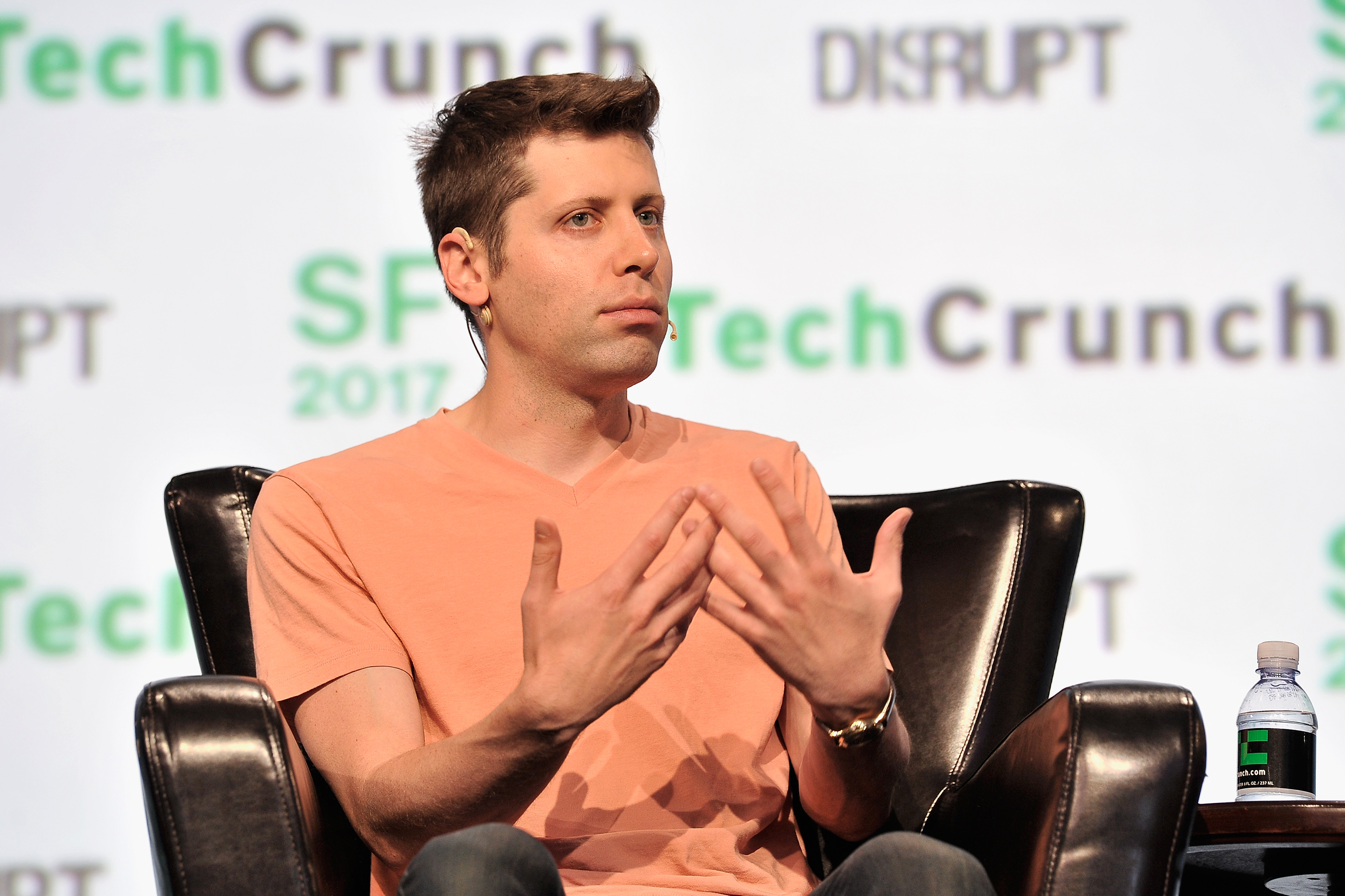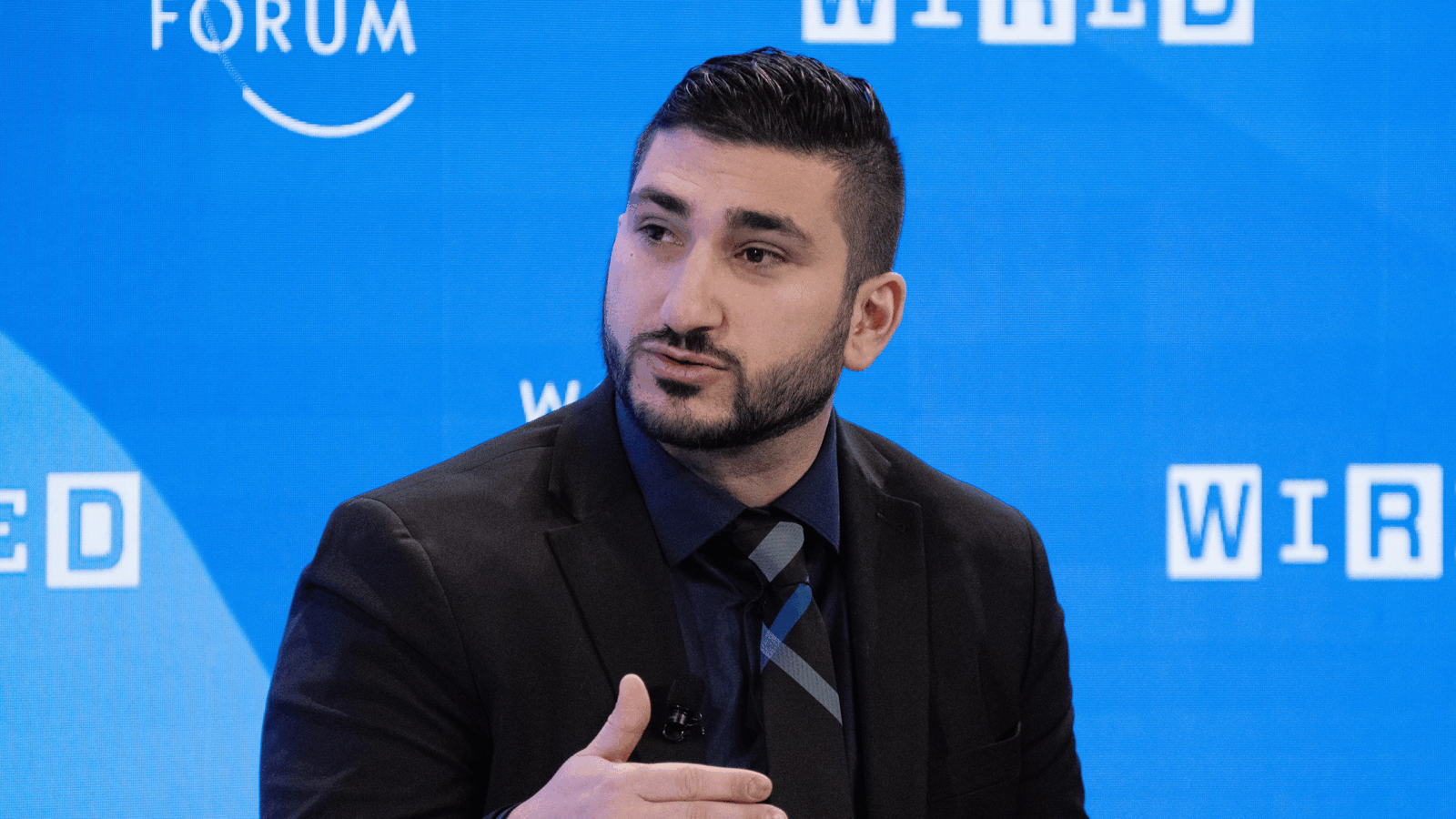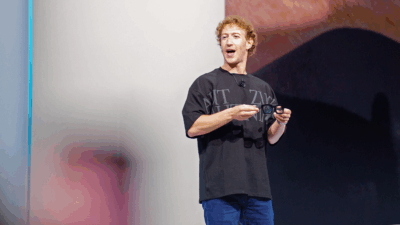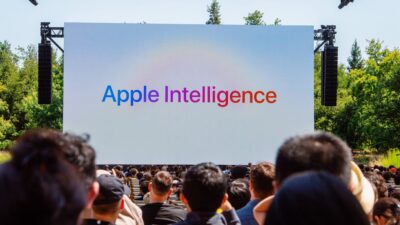AI Bots Struggle to Transition from Novelty to Money-Maker
Sam Altman thinks big and spends big. But when it comes to a product that makes money, the whole AI thing can feel a little Metaverse-y…

Sign up for smart news, insights, and analysis on the biggest financial stories of the day.
Go ask ChatGPT yourself: Does buzz pay the bills?
In an interview with the Financial Times on Monday, OpenAI CEO Sam Altman discussed his plans to attract further investment for the company behind ChatGPT, which is not yet profitable. Altman said he wants enough funding to achieve artificial general intelligence (AGI), i.e., an artificial intelligence that rivals human cognition. Altman thinks big and spends big. But when it comes to a product that makes money, the whole AI thing can feel a little Metaverse-y…
Intelligence Don’t Come Cheap
The Wall Street Journal reported last month that almost a year after ChatGPT broke onto the scene, companies including OpenAI are struggling to monetize it, as the computing power it takes to run these chatbots outweighs the business models set up to recoup that cost.
Altman still seems very focused on the research side of AI. He told the FT that he hopes OpenAI’s biggest investor, Microsoft, continues to pump money into the company. “There’s a long way to go, and a lot of compute to build out between here and AGI[…] training expenses are just huge,” said Altman. Putting aside the fact that AGI may be a pipe dream, there are expenses beyond research that OpenAI will have to swallow:
- OpenAI is trying to poach researchers working at Google with compensation packages worth up to $5 million to $10 million, according to a report in The Information. That’s assuming the company is successful in achieving a valuation of $86 billion in a share sale, as reported by Bloomberg last month.
- OpenAI has also joined Adobe and Getty in offering to front the legal costs of any copyright lawsuits that users might incur while using its software — although it may be hedging its bets a tiny bit, as Bloomberg’s Brad Stone found only certain enterprise users would be eligible for OpenAI’s legal shield.
Bard Up for Cash: On the other side of the legal coin, Google is trying to defend the reputation of its ChatGPT rival Bard in court. The company announced it’s filed a lawsuit in California saying a group it believes to be headquartered in Vietnam has been placing Bard ads on social media pretending to be Google. Unfortunately, when people click on the ads and go to download the fake Bard, they end up with a bunch of malware instead. If that’s the worst thing done to us in the name of AI this week, we’d call it a good week.











